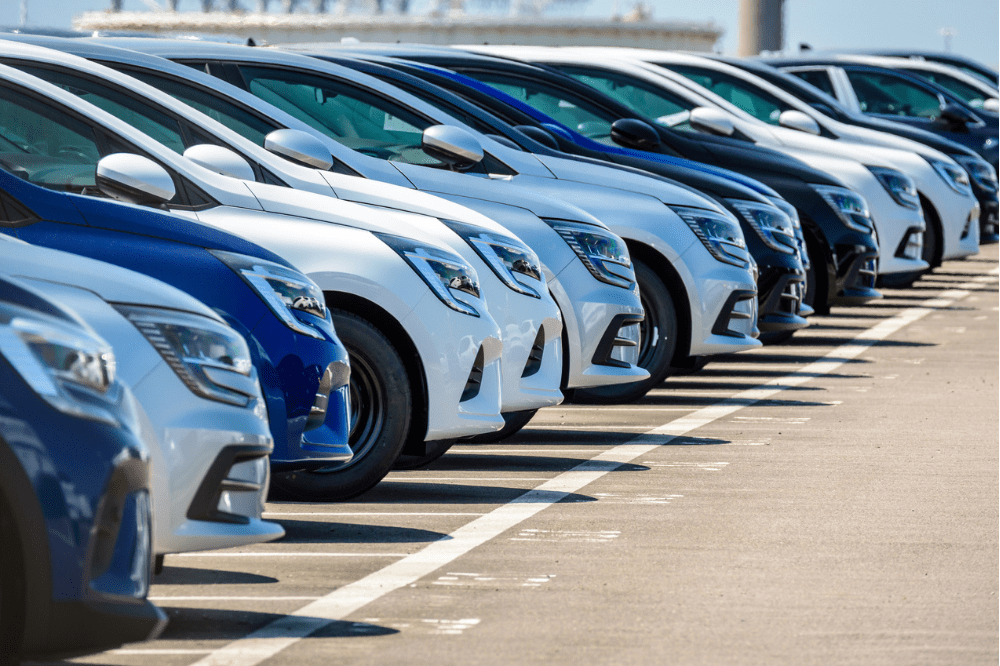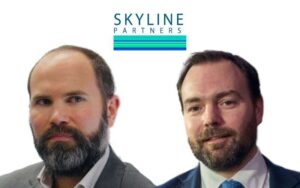Four commercial auto risk trends to watch in 2023

Donald Williams, AVP global corporate and specialty at Aviva Canada, spoke to Insurance Business about several trends they’re watching in the commercial auto space:
Inflation
“We’ve seen inflation impact automobile insurance, both from the personal and commercial side, leading to higher physical damage or loss claims costs,” said Donald Williams
Changes to consumer spending – whether increasing or decreasing – will have impact on commercial auto insureds with respect to demand for their freight services or goods and services, according to Williams.
Inflation will put financial pressure on commercial enterprises to change their operations, vehicle maintenance, and driver recruitment, which potentially opens them up to new exposures.
Williams said: “We can expect that inflation is going to continue to be a factor, but as to the overall changes in the industry, that’s a little bit more difficult to predict right now. Aviva Canada will continue to do is monitor what’s happening with claims costs and loss trends.”
Change in driving patterns
Like many things in our day-to-day routine, driving habits were altered by the pandemic. The overall number of vehicles on the road dramatically fell during Canada’s lockdown periods.
“There was a change in driving patterns, but this more so impacted the personal and private passenger space than in commercial. Most of our commercial customers’ driving patterns and operation of the vehicles didn’t change because there was still demand for freight to be moved,” Williams said.
But roads are getting busier as more people return to work or their normal activities, which means vehicle traffic will increase – and along that, the risk of accidents and collisions.
“With the increase of vehicle traffic, we’ve seen claims frequency starting to increase both on the commercial and personal side,” noted Williams.
Availability of vehicles and specialized equipment
Trucks and other commercial vehicles not only cost more, but they may be more difficult to source, especially amid persisting backlogs in the supply chain. The cost of repairing such vehicles and the availability of rental vehicles also puts businesses in a riskier position if they can’t fulfill customer demands.
“On the commercial side, customers should also pay attention to any specialized equipment required to be attached to their vehicles. What is the availability of that equipment, and does it need to come in from overseas?” Williams asked.
Social inflation
Social inflation pertains to the rising cost of insurance claims stemming from increased litigation, poor public sentiment towards corporations, and larger compensatory jury awards.
According to Williams, social inflation is a significant concern for commercial transport insurers, especially regarding businesses with truck or cargo vehicle operations in the United States.
“We’ve seen that some of the verdicts and [jury] awards coming out of US courts has increased over the last few years,” Williams noted.
“A lot of these cases relate to a [commercial] vehicle involved in an accident resulting in personal injury to a third-party driver. We’ve seen that when those cases go before the courts, the amount of compensation for injured third parties is higher.”
Amid uncertainty in the economic climate, brokers should forge closer connections with commercial auto clients to guide them through the market.
Williams advocated for “promoting good fleet risk management practices and safety, sharing information with respect to the economic environment, and working with customers to manage the impact of inflation on their premiums.”
“We ask our broker partners to stay connected with the clients to help them understand their insurance spend and to ensure they have adequate cover in place,” he said.
“Keep the underwriters informed of any changes that may be happening with respect to commercial customers’ operations or how their operations change in the future.”
Brokers should also ensure their clients are doing their due diligence in recruiting qualified drivers. Drivers should receive proper training for the type of vehicle they’re operating and the cargo they’re transporting.
Vehicle maintenance is also paramount to managing risks within a commercial transport fleet. Finally, brokers should remind clients to stay on top of their policies and company procedures.
“In the event of a claim, they should be prepared with all their policies and paperwork related to their drivers and fleet management, so that they’re ready to answer is any questions on the quality of their operation on public roads,” Williams said.






